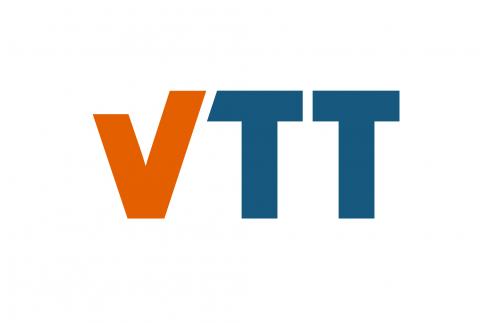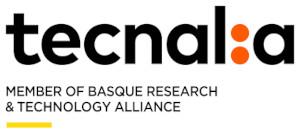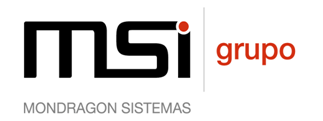Industry 4.0: key features and benefits
By Jose Ignacio Barbero from TECNALIA (www.tecnalia.com)
“Industry 4.0” is about the fourth industrial revolution introducing the smart factory, where cyber-physical systems (CPS) monitor the manufacturing processes and make decentralized decisions. The term originates from a project in the high-tech strategy of the German government, which promotes the computerization of manufacturing.
The first industrial revolution was based on steam and the first machines that mechanized some of the work. The second one was based on the electricity, the assembly line and the birth of mass production. In the third revolution the main players were the computers and robots that started to automatize the assembly lines and replace human workers.
This fourth revolution is a new organization and control level that includes all the value chain of a product from the raw materials, to manufacturing, delivery, support, maintenance and final recycling. It is based on the capture and intelligent management in real time of all the data available along the life cycle of products and manufacturing systems. The aim is to achieve a strong customization of products under the conditions of highly flexibilized mass-production.
The key features for a factory or system to be considered Industry 4.0 are:
- Interoperability: where machines, devices, sensors and people are connected and communicated with each another.
- Information transparency: the information systems create a virtual copy of the physical world through sensor data in order to contextualize information.
- Technical assistance: both the ability of the systems to support humans (by aggregating and visualizing information comprehensibly) in making decisions and solving urgent problems on short notice and the ability of cyber physical systems to assist humans with tasks that are too difficult or unsafe for humans.
- Decentralized decision: the ability of cyber-physical systems to make simple decisions on their own and perform their tasks as autonomously as possible.
As with any major change, there are challenges inherent in adopting an Industry 4.0 model such as data security issues, reliability and stability of automatized systems, integrity of the production processes or the lack of experience and manpower to create and implement these systems.
But the benefits of an Industry 4.0 model could outweigh the concerns for many production facilities. The health and safety of human workers could be improved. Industrial processes could be more readily controlled when there is real-time data at every level of the manufacturing process. Computer control, optimization and automation could enhance productivity and produce better quality and personalized products.
The COCOP project is in line with this Industry 4.0 model, focusing on the manufacturing process. Its objective is to enable plant-wide monitoring and control by using the model-based, predictive, coordinating optimization concept in integration with plant’s automation systems. The technical objective is to define, design and implement a concept that integrates existing industrial control systems with efficient data management and optimization methods and provides means to monitor and control large industrial production processes. The plant-wide monitoring and control comprehend computationally intensive data analysis and large scale optimization.
Follow the discussion in the COCOP Debate Group of Linkedin















